 Renault recently announced the launch of the cheapest EV ever in the united Kingdom.
Renault recently announced the launch of the cheapest EV ever in the united Kingdom.
We seek to find out how significant it is for the rest of the world
Story: Saeed Akhtar
 There is no doubt that electric cars are getting cheaper. however, given all the subsidies and grants, how cheap can they get before they come within the reach of the ordinary car-buying public? if the recent news about the launch of the new renault Fluence Z.e. (zero emission) is anything to go by, eVs will indeed be very cheap in the near future.
There is no doubt that electric cars are getting cheaper. however, given all the subsidies and grants, how cheap can they get before they come within the reach of the ordinary car-buying public? if the recent news about the launch of the new renault Fluence Z.e. (zero emission) is anything to go by, eVs will indeed be very cheap in the near future.
renault recently announced that the Fluence Z.e. would go on sale in the uK in the autumn of 2012. the entry-level ‘Prime time’ model will be priced at rs 11.43 lakh (on road), making it by far the cheapest electric vehicle in the uK. the aforesaid price does not include the batteries, which one has to lease from renault.
 batteries are not only the most expensive part of an eV, their performance deteriorates over time. so rather than including them in the initial purchase cost, renault have decided to lease them for a monthly sum. the first battery lease contract details announced by renault confirm a monthly charge of rs 4,800, valid for three years of use or 10,000 kilometres – rather low for a conventional car, but reasonable enough for an eV.
batteries are not only the most expensive part of an eV, their performance deteriorates over time. so rather than including them in the initial purchase cost, renault have decided to lease them for a monthly sum. the first battery lease contract details announced by renault confirm a monthly charge of rs 4,800, valid for three years of use or 10,000 kilometres – rather low for a conventional car, but reasonable enough for an eV.
Moving to the car itself, the Fluence Z.e. is essentially an all-electric conversion of the regular Fluence four-door sedan and it comes across as a good looking car. its peak power is 70 kW, roughly the equivalent of 95 Ps, and the maximum torque figure quoted by the company is 226 nm. charging the car via a standard household mains supply (10a or 16a, 220V) takes between six and eight hours. Fast charge stations using 32A 400V supply will make it possible for the batteries to be charged in approximately half-an-hour.
 The initial launch version of the Fluence Z.E., ‘Prime Time’, comes with a high level of equipment, including 16” alloy wheels, climate control, cruise control, ecoMeter and Carminat TomTom Live smart satellite navigation, together with charging sockets on both the front wings. The much-talked-about quick-drop battery swap will eventually be offered, too, but it appears to be very much in the experimental stage. Too bad, as a new, fully charged battery in just three minutes sounds most useful. Inside, the Fluence Z.E.’s interior is remarkably similar to its conventionally powered sibling. Only different dials give the game away and it’s perfectly roomy both at the front and the rear. The boot is tiny, though, owing to the batteries that take up the space normally reserved for luggage.
The initial launch version of the Fluence Z.E., ‘Prime Time’, comes with a high level of equipment, including 16” alloy wheels, climate control, cruise control, ecoMeter and Carminat TomTom Live smart satellite navigation, together with charging sockets on both the front wings. The much-talked-about quick-drop battery swap will eventually be offered, too, but it appears to be very much in the experimental stage. Too bad, as a new, fully charged battery in just three minutes sounds most useful. Inside, the Fluence Z.E.’s interior is remarkably similar to its conventionally powered sibling. Only different dials give the game away and it’s perfectly roomy both at the front and the rear. The boot is tiny, though, owing to the batteries that take up the space normally reserved for luggage.
 The customers in the UK can now reserve a Fluence Z.E. online at www.renault-ze.com by paying a deposit of Rs 1,500, which is non-refundable in case they happen to change their mind later on. However, as of now, there’s no indication if the car will ever make its way to our shores. Early customers will include fleet services and early adopters eager to flaunt their green credentials. These customers will then be contacted by Renault as the date of the vehicle’s release approaches to obtain confirmation of their reservation.
The customers in the UK can now reserve a Fluence Z.E. online at www.renault-ze.com by paying a deposit of Rs 1,500, which is non-refundable in case they happen to change their mind later on. However, as of now, there’s no indication if the car will ever make its way to our shores. Early customers will include fleet services and early adopters eager to flaunt their green credentials. These customers will then be contacted by Renault as the date of the vehicle’s release approaches to obtain confirmation of their reservation.




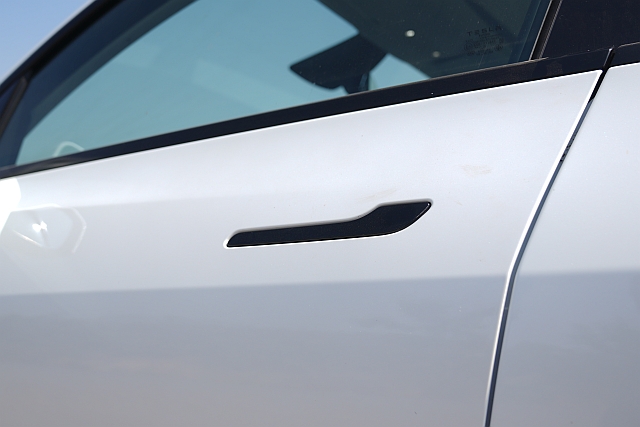

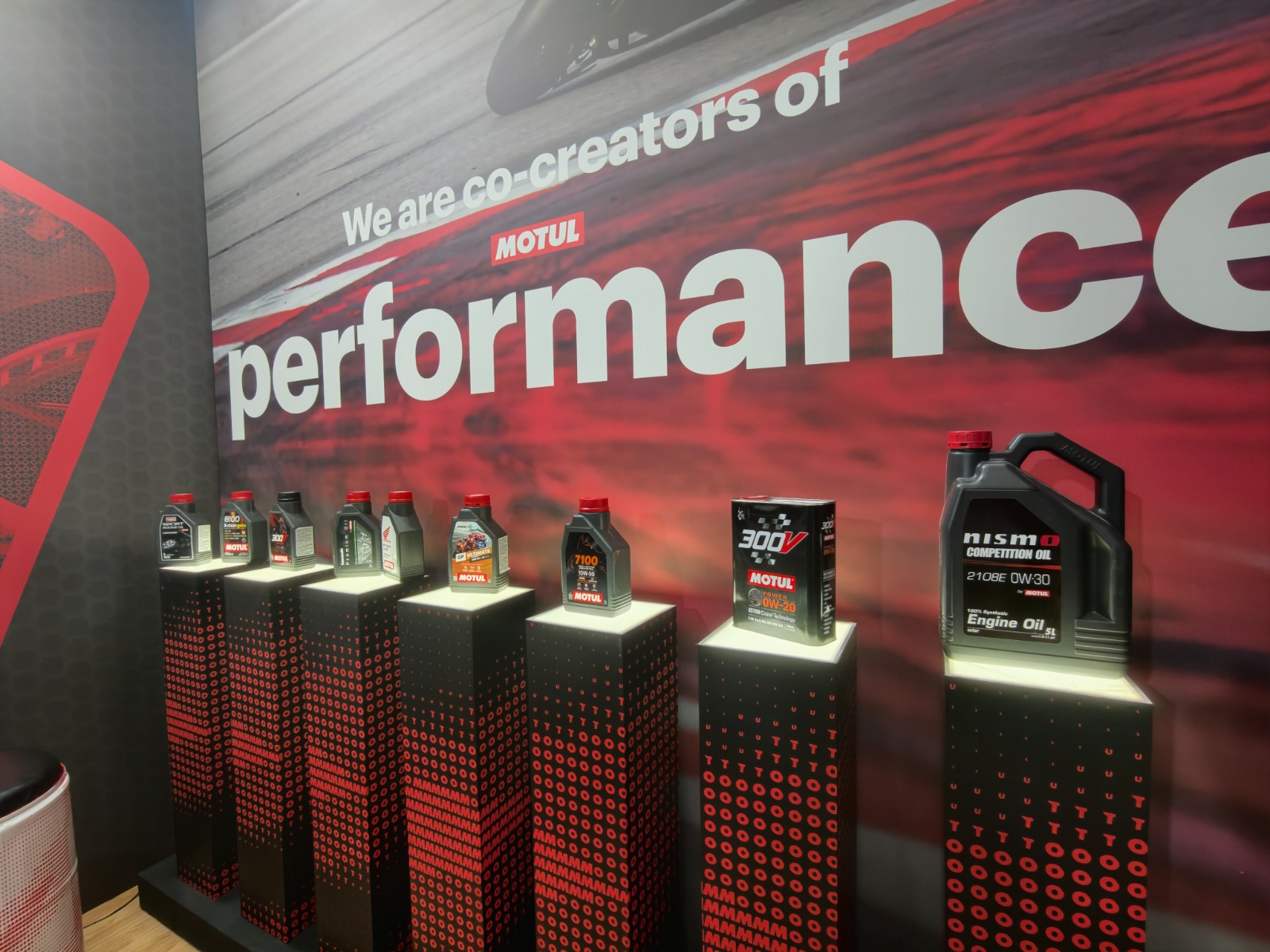
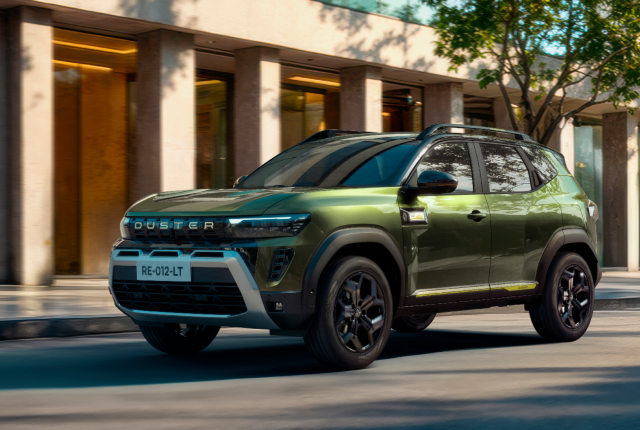

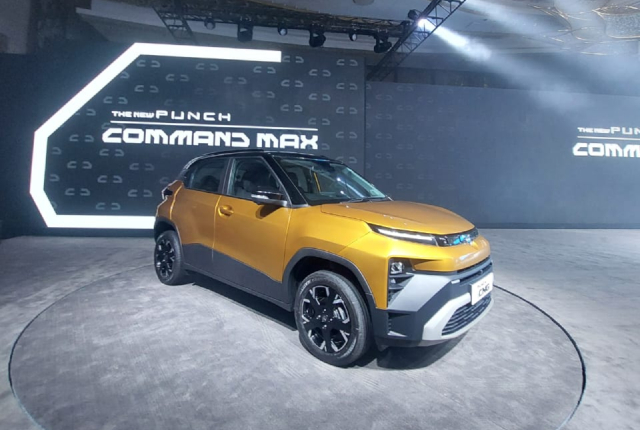


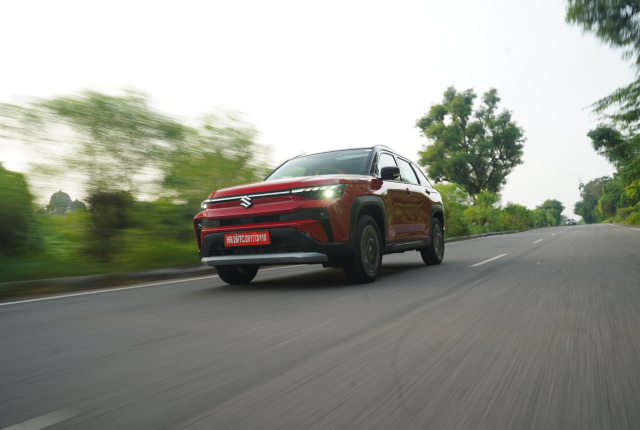
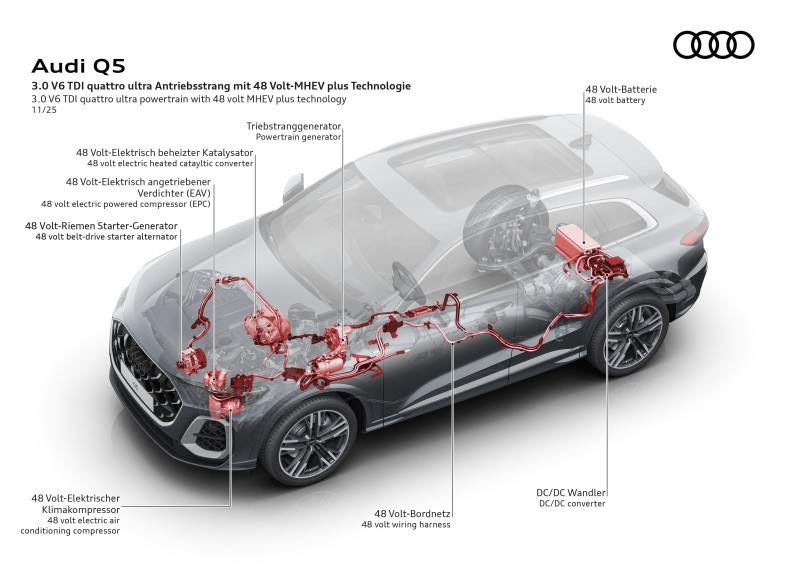
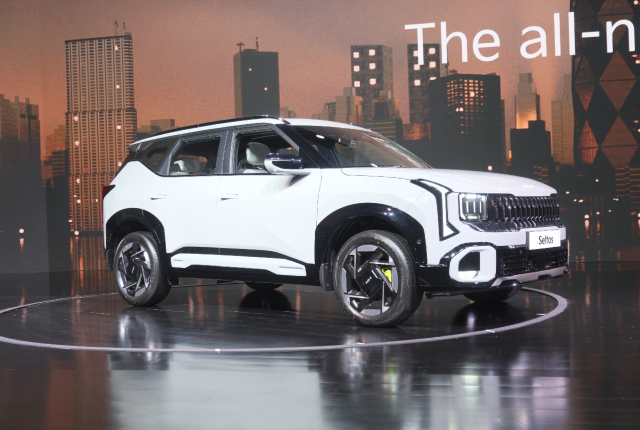
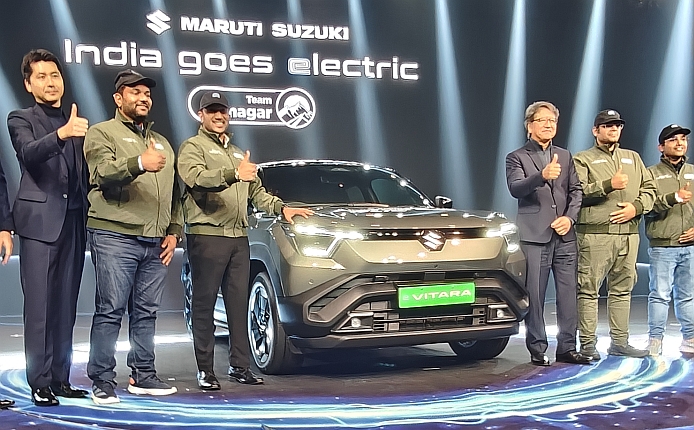
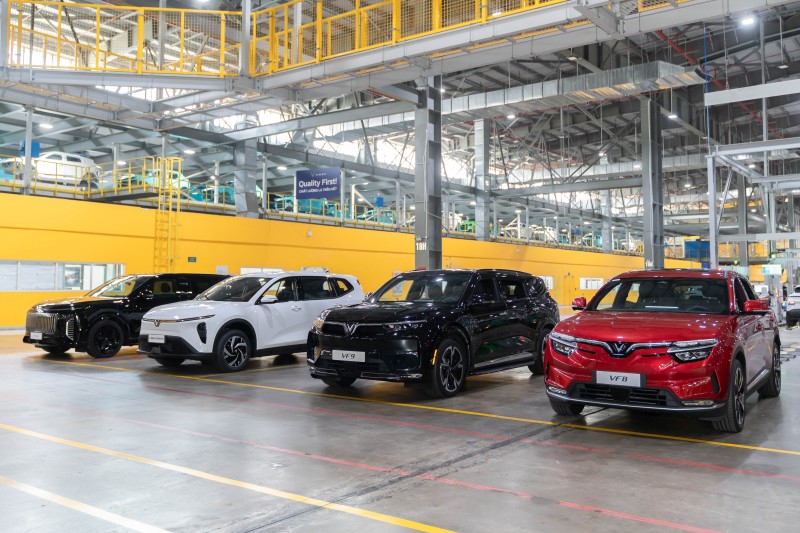




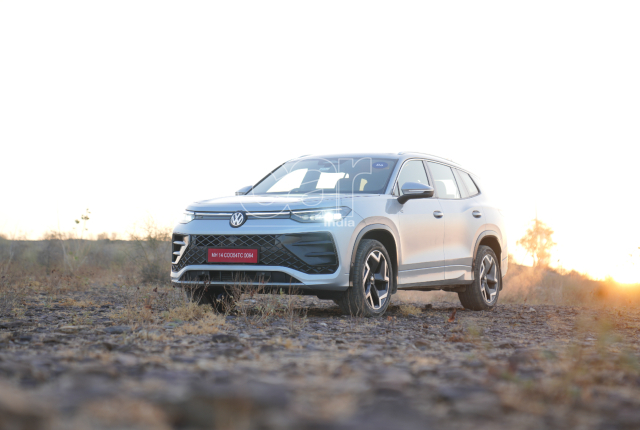
Leave a Reply